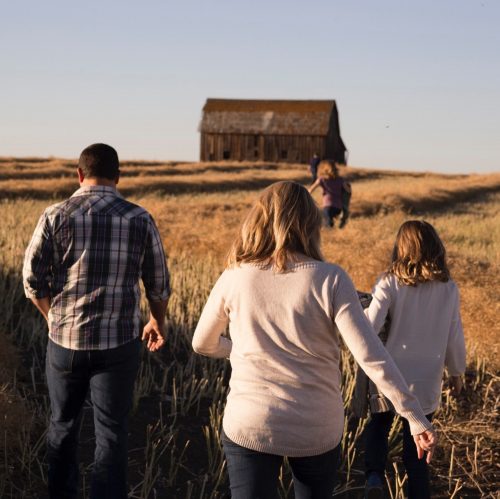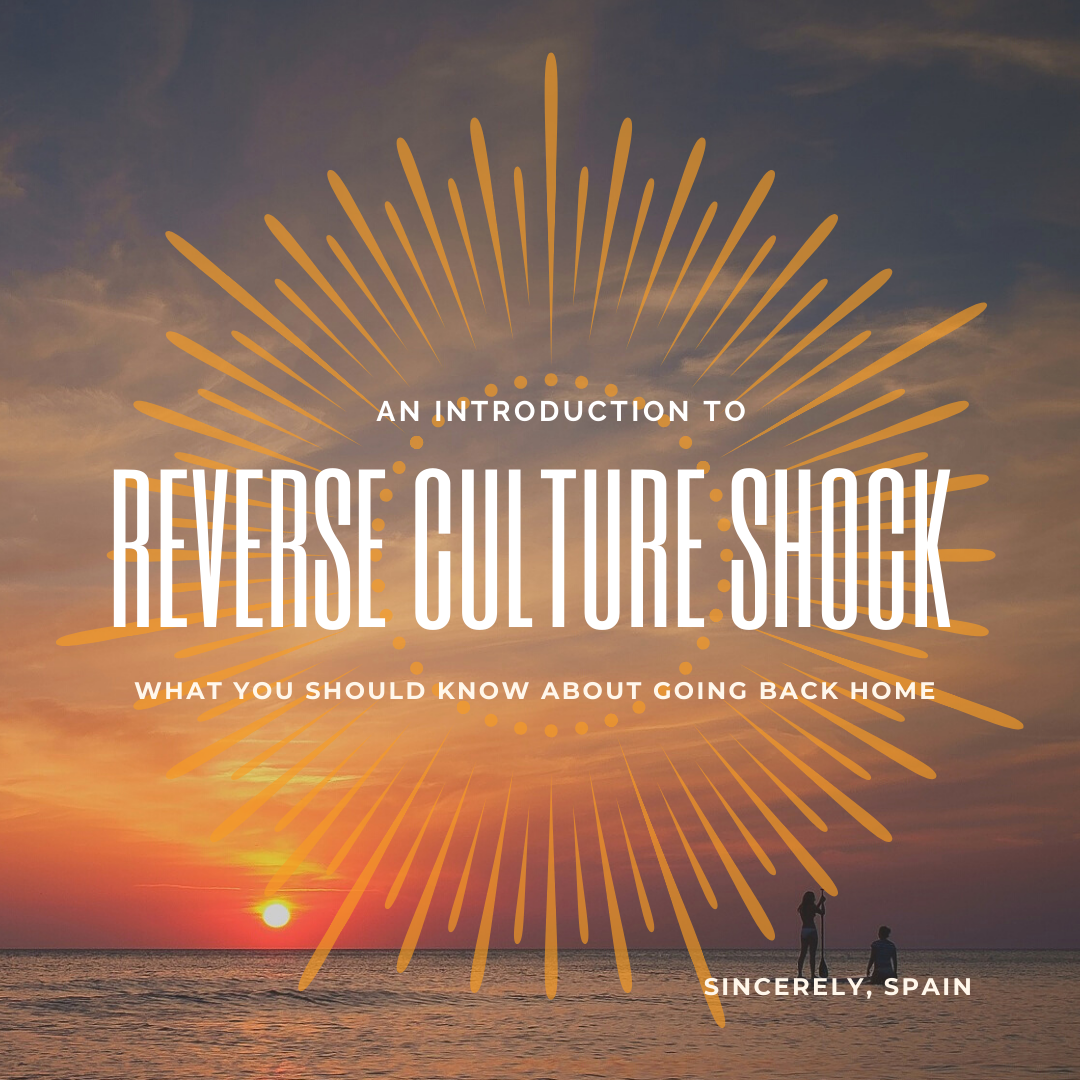
Introduction to Reverse Culture Shock
Dear Kevin,
 We’ve previously talked about culture shock and the various emotional and psychological stages you are likely to experience upon arriving in Spain and starting to adapt to life abroad (read more here). But did you know that it’s common to deal with some of those same challenges upon returning home? Many people who return to their home country after a significant amount of time living elsewhere find that they actually have some difficulty accepting what was previously normal to them and adjusting to life in their own culture, a phenomenon known as reverse culture shock.
We’ve previously talked about culture shock and the various emotional and psychological stages you are likely to experience upon arriving in Spain and starting to adapt to life abroad (read more here). But did you know that it’s common to deal with some of those same challenges upon returning home? Many people who return to their home country after a significant amount of time living elsewhere find that they actually have some difficulty accepting what was previously normal to them and adjusting to life in their own culture, a phenomenon known as reverse culture shock.
Why does reverse culture shock happen?
Adapting to life in a host country isn’t necessarily easy and many people who live abroad have to work through the stages of culture shock (honeymoon, frustration, adjustment, and acceptance) before finding a sense of “home.” While cultural integration is what most of us live-abroaders set out hoping to attain during our time abroad, it can unfortunately cause the re-adjustment process to be more difficult. It is said that the more someone is able to adjust and feel at home in their new environment, the more difficult it will be to re-settle back home. Essentially, successfully working through your culture shock can cause you to suffer worse from reverse culture shock!
While this phenomenon may sound strange at first, it makes perfect sense. Adapting to a culture means that you recognize and come to accept new habits, norms, expectations, and routines; essentially you adjust to a new way of life. It can be as simple and obvious as what you eat for breakfast and what time you eat lunch as well as involve more complex social constructs like the interpretation of time and personal space. After a certain amount of time (which will be different for everyone) you come to accept (the bits that you want of) that way of life in your host country and it becomes YOUR normal too.
The interesting thing is that we often think of home as a place, but really it is more of a feeling. A feeling that revolves around comfortability which includes but is not limited to your sense of connection to others, your ability to predict patterns of interaction, and your sense of ‘fitting in.’ While all of this is likely a level of comfortability you had at home in the States without ever thinking about it before, if you’ve come to find a similar sense of comfort in Spain, you may be in for a rude awakening upon returning home.
What does it look like?
Robin Pascoe, the author of Homeward Bound, describes reverse culture shock as feeling “like you are wearing contact lenses in the wrong eyes. Everything looks almost right” and we have to say that she’s onto something. The changes you notice when you return home will probably be subtle. The uneasiness you feel about American norms and habits may be slight. Still, the feeling is there and suddenly what you thought would look and feel familiar just seems a bit ‘off.’
 Especially if you’ve spent a number of years away from your home country, you’ll likely find that things have changed in your neighborhood, in your family, and within your friend groups. The spot everyone hung out at on Friday nights may have shut down; your sister may have had a baby you’ve never met; your two best friends may have grown apart in your absence. Some of the changes you notice won’t feel all that significant, but the combination at a time in which you’re already feeling out-of-sorts—because YOU have changed as well—may be enough to drive you into the stage of crisis or shock.
Especially if you’ve spent a number of years away from your home country, you’ll likely find that things have changed in your neighborhood, in your family, and within your friend groups. The spot everyone hung out at on Friday nights may have shut down; your sister may have had a baby you’ve never met; your two best friends may have grown apart in your absence. Some of the changes you notice won’t feel all that significant, but the combination at a time in which you’re already feeling out-of-sorts—because YOU have changed as well—may be enough to drive you into the stage of crisis or shock.
The U.S. Department of State’s section on reverse culture shock points out a number of new attitudes and perceptions you may develop while abroad that can cause stress upon your re-entry. Some of these that most resonate with us are:
-
“I see America through a sharper lens, both its strengths and weaknesses. I no longer take this country for granted and I really resent unbalanced criticism by Americans who haven’t experienced the rest of the world. (This does genuinely make it very difficult for me to have certain conversations with certain family members and friends.)”
-
“I see the validity of at least one other culture. That makes me realize that the American way is not always “right” or “best.” (However, trying to explain this to someone who has not had the same experience as me can come across as privileged and pompous, so I sometimes feel as if I can’t even share what I’ve learned.)”
-
“I have an unclear concept of home now. (If you don’t how what I could possibly mean, please read my “I’ll Never Truly be American Again Either” post.)”
 Check out our tips for managing reverse culture shock in this article. And remember, if you feel any of these or similar frustrations you are not alone! If you feel out-of-place in your own city, home, and old roles it’s totally normal and actually to be expected. However, with the right attitude, understanding, and openness you’ll soon be on your way to successful re-adaptation!
Check out our tips for managing reverse culture shock in this article. And remember, if you feel any of these or similar frustrations you are not alone! If you feel out-of-place in your own city, home, and old roles it’s totally normal and actually to be expected. However, with the right attitude, understanding, and openness you’ll soon be on your way to successful re-adaptation!
Have you or anyone you know dealt with reverse culture shock? Be sure to let us know what has been the most challenging part for you and if there are any questions you have!
Sincerely,
Spain




